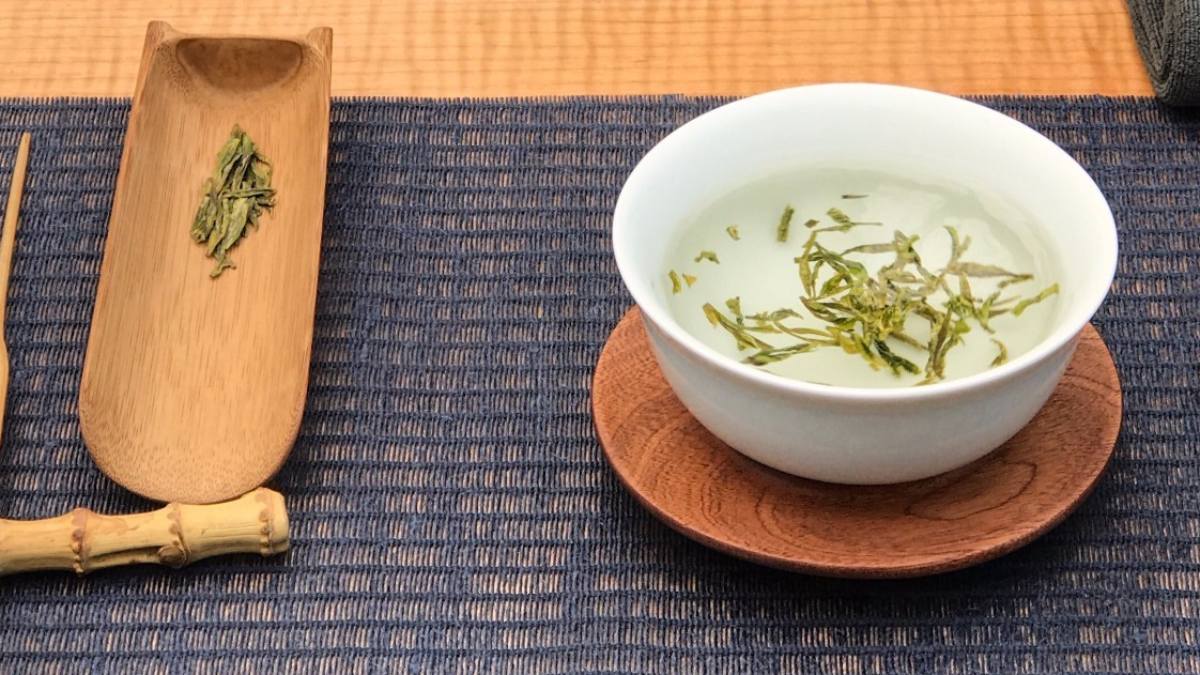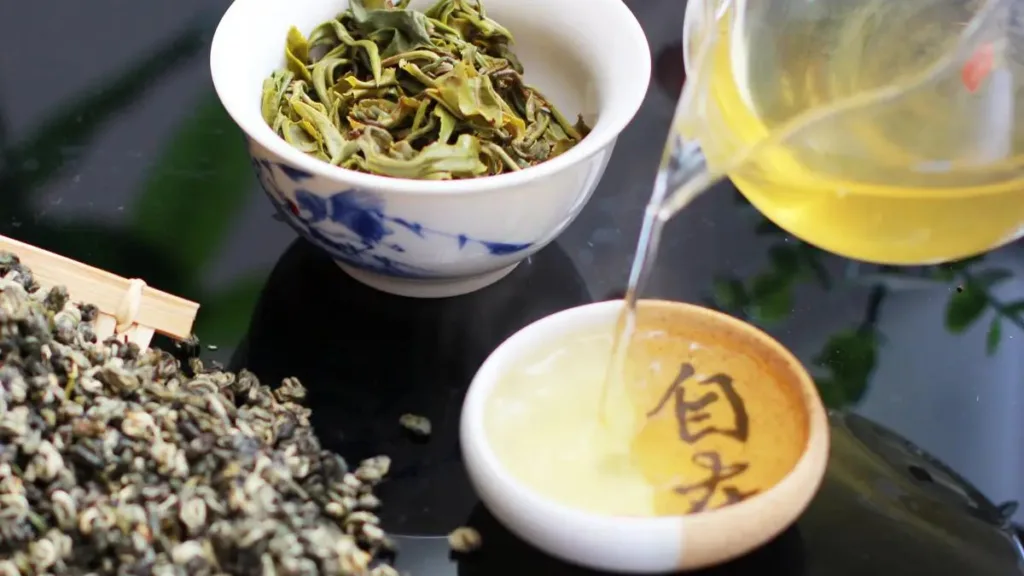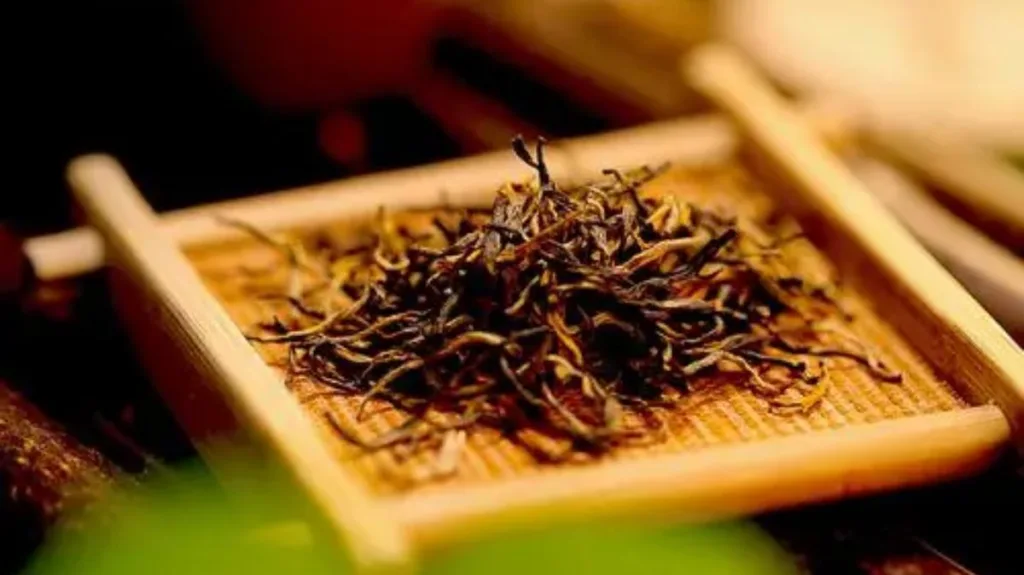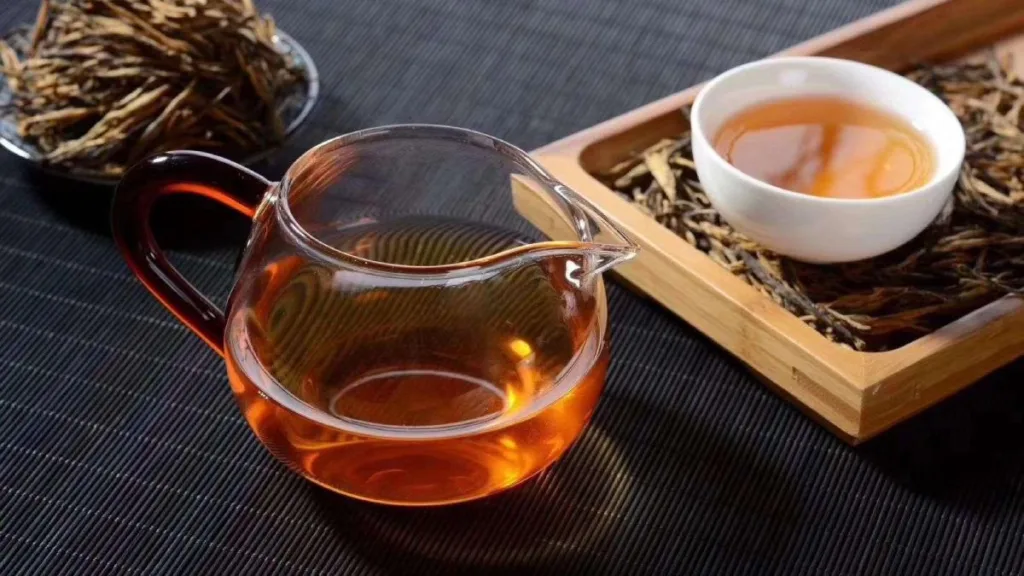Caffeine is a natural alkaloid found in tea leaves that stimulates the central nervous system, enhancing alertness, and improving mental alertness. Longjing tea, also known as Dragon Well tea, contains a moderate amount of caffeine, typically ranging from 20 to 30 milligrams per 100 grams of tea leaves. Consuming Longjing tea in moderation can help individuals maintain a positive mental state and heightened alertness.
Due to the presence of caffeine and other compounds like theophylline in Longjing tea, it can have an awakening effect. However, if consumed before bedtime, it may lead to increased brain activity, potentially affecting the quality of sleep. Excessive consumption of Longjing tea can also result in insomnia. Consequently, it is not recommended to drink Longjing tea before going to sleep.
For individuals who experience insomnia after drinking Longjing tea before bedtime, there are a few strategies to consider. Consuming warm milk or soaking one’s feet in warm water before bedtime can help promote better sleep. In cases where insomnia persists, patients may consult a healthcare professional for guidance and, if necessary, be prescribed medication such as zolpidem or diazepam for treatment.
Additionally, when enjoying Longjing tea, it is advisable to avoid consuming it simultaneously with coffee, milk, or other beverages, as this can lead to gastrointestinal discomfort, such as bloating or abdominal pain. In daily life, maintaining a regular sleep schedule and avoiding late-night activities is essential to prevent insomnia.
Caffeine in Longjing Tea: Caffeine, a naturally occurring stimulant, is found in various beverages, including tea. Longjing tea, a popular variety of green tea, contains a moderate amount of caffeine. Caffeine is a bioactive compound that affects the central nervous system, leading to increased alertness and mental stimulation.
Caffeine Content in Longjing Tea: The caffeine content in Longjing tea typically ranges from 20 to 30 milligrams per 100 grams of tea leaves. This caffeine concentration is considered moderate, making Longjing tea a suitable choice for those who want to enjoy the benefits of caffeine without the high levels found in some other beverages like coffee.
Effects of Caffeine in Longjing Tea:
- Enhanced Alertness: Caffeine in Longjing tea can help improve alertness and concentration. It works by blocking adenosine receptors in the brain, which leads to increased neuronal activity.
- Improved Mood: Caffeine may also contribute to an improved sense of well-being and mood due to its stimulating effects on the central nervous system.
Caffeine and Sleep: Caffeine’s stimulating effects make it a poor choice before bedtime. While moderate consumption of Longjing tea is unlikely to cause sleep disturbances for most people, drinking it too close to bedtime, particularly in large quantities, may lead to difficulties falling asleep or disrupted sleep patterns.
Managing Caffeine Intake: To enjoy Longjing tea without affecting sleep, consider the following tips:
- Avoid Consuming Before Bed: Refrain from drinking Longjing tea within a few hours of bedtime.
- Moderation: Consume Longjing tea in moderation, especially if you are sensitive to caffeine.
- Decaffeinated Options: Opt for decaffeinated Longjing tea if you wish to avoid caffeine entirely.
- Stay Hydrated: Balance your Longjing tea consumption with plenty of water to stay properly hydrated.
In conclusion, Longjing tea contains a moderate amount of caffeine, which can enhance alertness and mood. However, it’s important to be mindful of when and how much Longjing tea you consume, particularly if you are sensitive to caffeine or wish to avoid sleep disturbances. By enjoying this green tea in moderation and avoiding it before bedtime, you can savor its flavors and potential benefits while ensuring a good night’s sleep.



